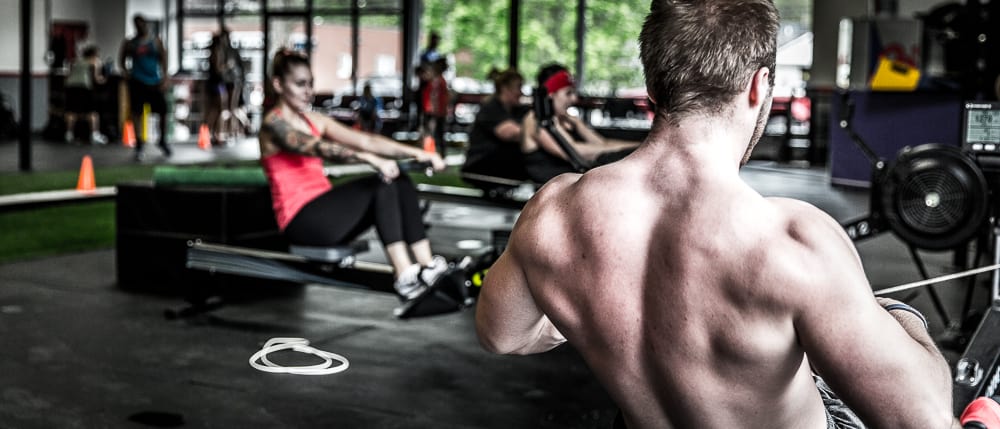Do Not Underestimate the Importance of Proper Hydration
Water makes up around 60 percent of the adult body. Yup, we’re basically bags of mostly water. Even though the Dog Days of Summer have passed, do not underestimate the importance of proper hydration. Usually, athletes are much more in tune with their body’s needs. But everybody can use a reminder now and then: keep up your water intake, people.
How to Properly Hydrate
Just like you can get a sunburn on a cloudy day, you can get dehydrated in cooler weather. Health experts will tell you that by the time you feel thirsty, you already have begun experiencing dehydration. The best way to properly hydrate is to keep drinking water all day if possible. Most importantly, monitor your water intake leading up to your workout time.
Plan to drink up to 20 ounces of water a few hours before you start exercising. Sip another 8 ounces while you warm up. Keep drinking 7-10 ounces for every 10-20 minutes of exercise. Then refuel with at least 8 ounces immediately after your workout. Oh, and don’t try to cheat and slam down 32 ounces just before you exercise. When you puke – and you will – YOU get to clean up the gym.
Pee Test
How do you know if you’re properly hydrated? You can get fancy urine analyzers, but we’re fans of the good old-fashioned bowl test. Here’s how the bowl test works: look down when you take a pee. You want to see a light yellow or nearly clear stream. Pee in the bowl should resemble the shade of straw (or REAL lemonade… not the weird day-glow yellow chemical crap). Dark yellow means you need to drink more water. Bottoms up!
Actually, the toilet bowl tells us a lot about our overall health… but we’ll save that conversation for another day.
Effects on Overall Performance
Did you know that even mild dehydration will affect an athlete’s performance? Seriously, there’s science behind this. The brain cannot function without proper fluid intake. Even mild dehydration of 1-2 percent body weight loss affects your alertness and the ability to concentrate. Critical dehydration – losing 5 percent of body weight through sweat – can decrease work capacity by up to 30 percent. Depending on what you’re doing, dehydration could literally mean the difference between life and death.
Know the Signs of Dehydration
Regardless how much water you chug before working out, listen to your body. During busier times or if staff are in training sessions, we may not notice someone exhibiting signs of dehydration right away. If you feel dizzy, lightheaded, nauseous, get muscle cramps or a racing heartbeat, sit your butt down and drink some water. Tell someone how you feel, too. It’s a slippery slope from mild dehydration to more severe symptoms like confusion, weakness, or passing out.
Ask anyone who ever enjoyed a ride to the emergency room for heat exhaustion or heatstroke. They will tell you they NEVER want to go through that again. Forget the expense of an ambulance ride. You cannot underestimate the toll either heat illness plays on your body.
If you listen to every sports drink commercial, you’ll assume this is how you combat scary medical issues. And while we advocate supplementing water with electrolyte-fueled beverages, the key word is supplement. Water should be the basis of fluid intake during any physical activity.
We love talking liquid and how to stay properly hydrated. Come chat with any staff members during regular staffed hours. Save your poop questions for Arron though! 💩

